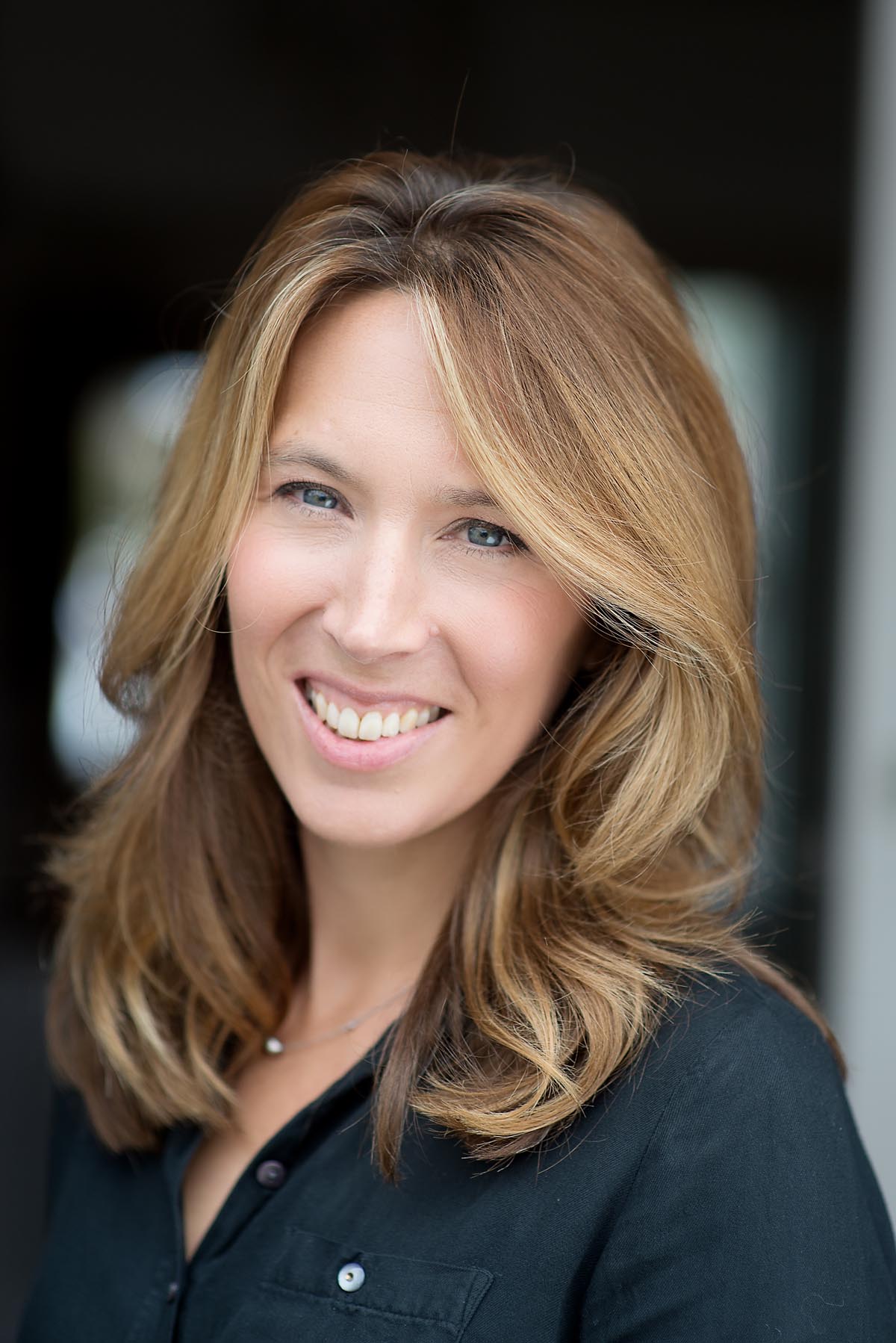During the first UK lockdown in March 2020, messages of hope shared on social media acted to buffer the despair and bring a sense of belonging and togetherness. A poem entitled Lockdown, written by Brother Richard Hendrick, went viral, reminding us:
"The birds are singing again,
The sky is clearing,
Spring is coming,
And we are always encompassed by Love."
Following nine months of turbulent changes, with Tier systems constantly reviewed, businesses opening and closing, and now a new national lockdown with school closures in England, feelings of hopelessness and despair inevitably resurface.
At New Year it is traditional to make hopeful promises to ourselves and to others. Hope seems to mark the possibility of change and something better, more love perhaps, less suffering. In UK Prime Minister Boris Johnson's New Year's Eve message, he looked back at the "spirit of togetherness" and addressed the "struggle ahead," referring to the new Covid-19 vaccine as a "beacon of hope." But how helpful are messages of hope in times of crisis?
A history of hope
Philosophers have, over centuries, debated the usefulness of this concept. In Hesiod's version of the tale of Pandora, only hope Elpis remained in the box after all the evils escaped. Why did hope remain? Was hope held available for mankind, or was hope held away from us? In other words, is it essentially good, offering humanity comfort and motivation through troubled times, or is it one of the evils, making us prey to apathy and false belief?
During times when the human condition was considered unchangeable, hope had negative connotations associated with idleness and wishful thinking. As the relationship between human action and the future began to incorporate the possibility of human agency affecting change, either through religious belief in a future after-life, or through emphasis on human progress affecting a better future in the current life, hope gained positive connotations.
The nineteenth century German philosopher Friedrich Nietzsche referred to hope as "the worst of all evils because it prolongs the torments of man," a notably down-trodden and despairing depiction of hope as deceptive. Yet, in his later writings, he revisited his ideas on hope, describing hope as a rainbow.
From this perspective, hope is more like art. To hope requires imagination. In a sense, we have to be able to play with the idea of a future that looks better. How helpful is this in a time of such uncertainty?
Hope in psychotherapy
This brings me to the concept of hope in therapy. Seeking help implies searching with some trust that something might be different, with the help of someone else. A person may seek therapy feeling hopeless and despairing, and most people begin therapy feeling some anxiety and uncertainty. Yet hope is implicit in their search for help.
In the Journal of Psychoanalytic Psychology, Fonya Lord Helm 2004 writes about hope as curative, citing empirical research pertaining to the therapeutic importance of hope. While realistic hope involves accepting the limitations of oneself and others, even unrealistic hope can be useful in its function as a defence against despair, when a person feels like giving up. Hope can help in this way to hold a person through their darkest moments.
It is interesting that, in Hebrew, the word for hope Tikvah means both 'expectation' and 'cord' or 'rope,' and comes from the root word meaning to bind or to wait for, or wait upon. In therapy, the relationship between client and therapist is central to the therapeutic endeavour. The concept of 'holding' is considered an integral part of the therapy. There is no certainty of change, but faith in a process that two people, therapist and client, are actively engaged in together, a process where two people might have to wait for something, the possibility of living better despite life's challenges, which may only happen if they are bound by hope. Like a rope anchoring one to life, hope within the therapeutic couple is binding, a figurative rope to hold when one feels lost in despair.
This is not to say that even a therapist won't, at times, lose sight of hope, but by virtue of the therapist continuing despite this, listening, engaging, being active and present, consciously or unconsciously the therapist holds onto hope. Psychoanalyst Donald Winnicott, in his book The Maturational Processes and the Facilitating Environment, reported one patient telling him: "The only time I felt hope was when you told me that you could see no hope, and you continued with the analysis."
Essentially, a therapist offering help offers hope - the therapist trusts in the therapeutic process despite the inevitable unknowns inherent in beginning therapy with each unique, individual person. At the heart of the therapeutic encounter lies a sense of hope and safety communicated by the therapist.
Hope in a pandemic
The Covid-19 vaccine is offered to us with the possibility of a return to aspects of our lives that we rely upon for our social, emotional and financial wellbeing, promising hope for something new. A world where we manage together to regulate our lives well enough to live, work, play and connect with others alongside the risks of Covid-19. A changed world in which we must acknowledge more changes ahead. With change comes anxiety.
According to French philosopher Rene Descartes, hope and anxiety accompany each other. Both of these are, I think, necessary during a pandemic. We need an appropriate amount of anxiety in order to feel motivated to protect ourselves and each other, yet at a time when we can't physically hold each other, messages of hope shared and held between us may be a lifeline through troubled times. When we feel unable to find the hope within us, reaching out to another person who is able to hold the hope for us may be indispensable for our continuing sense of wellbeing.
Shelley Williams is a verified welldoing.org psychotherapist in Bromley and online

